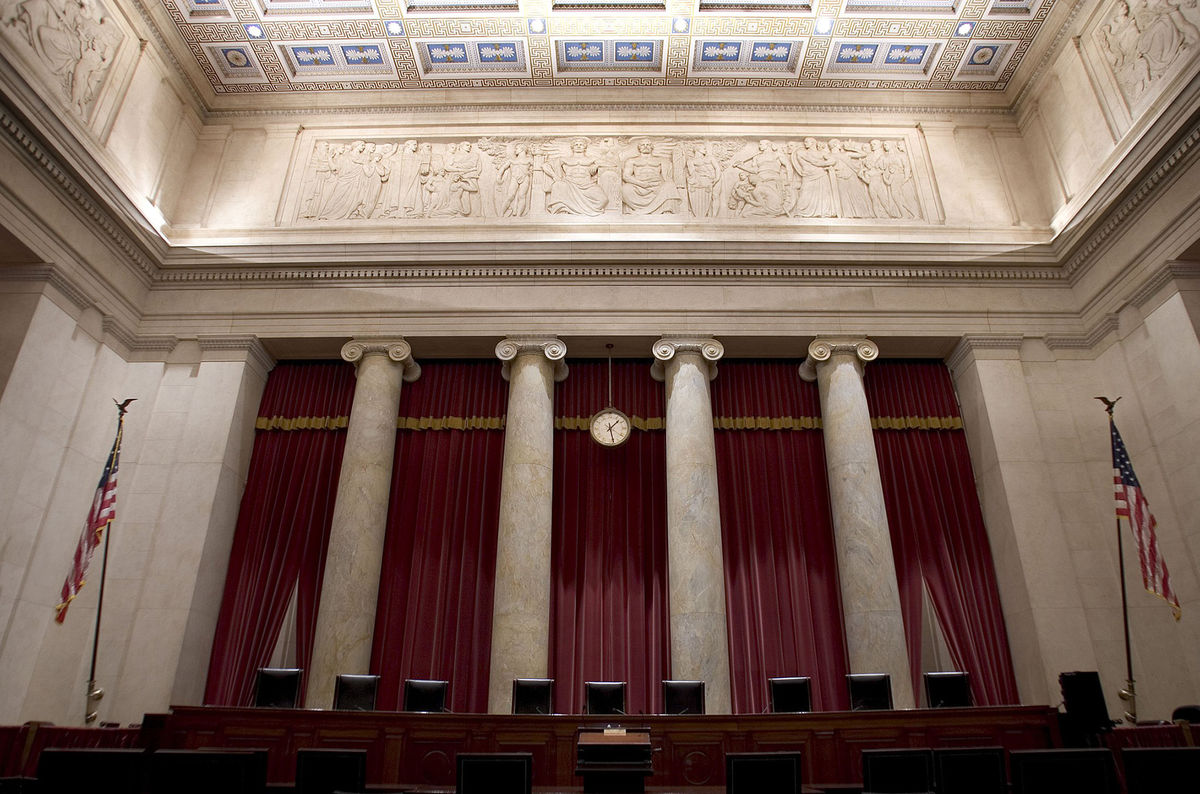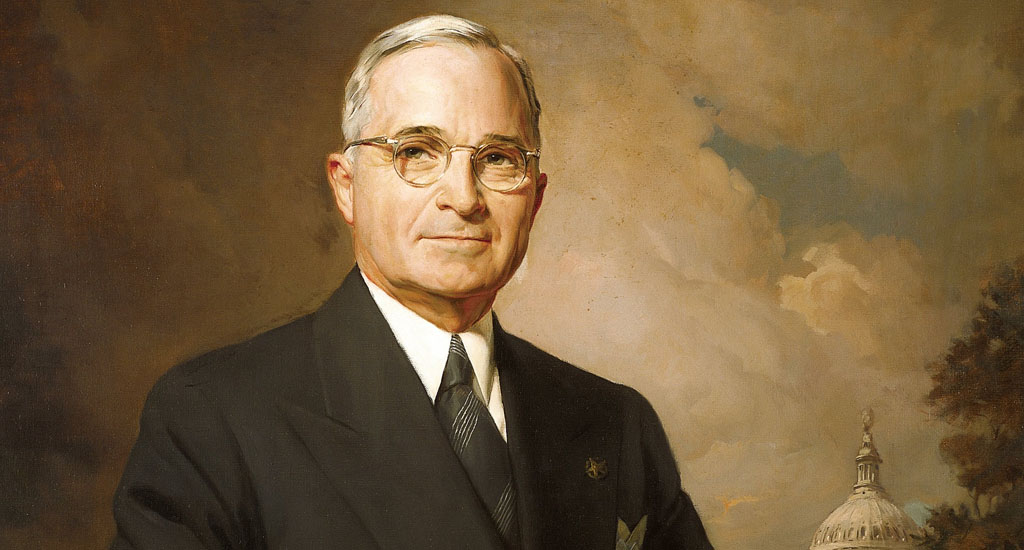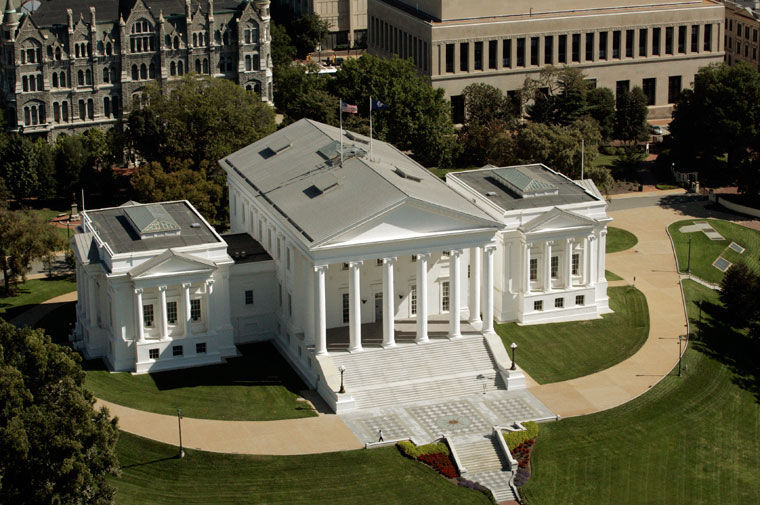President Donald Trump has nominated District of Columbia Circuit Court Judge Brett Kavanaugh, 53, to replace retiring Supreme Court Justice Anthony Kennedy, cementing a conservative bench for at least the next generation. Kavanaugh is seen by many to present an aura of a Washington insider, having worked in the Bush Administration, played a lead role in drafting the Starr Report that forwarded the impeachment of President Bill Clinton, and was integral during the 2000 Florida election recount.
The judge will enter what will undoubtedly be a contentious nomination process, with the Senate being split due to the medical absence of Senator John McCain (R-AZ), and resistance-happy Democrats seeking to oppose anything linked to Republicans and President Trump. Nevertheless, elected officials in Virginia say Judge Kavanaugh is “eminently qualified,” calling for Virginia senators Mark Warner and Tim Kaine to give the circuit court judge “a fair shake” for an immediate confirmation.
In a press release from the Republican National Committee (RNC), former Virginia Attorney General Jerry Kilgore said that issues facing the Commonwealth frequently find their way to the Supreme Court. For example, Speaker of the House of Delegates Kirk Cox (R-Colonial Heights) filed a motion this week to the Supreme Court to weigh in on the lower court’s ruling surrounding the validity of the legislative boundaries of 11 House districts in the Commonwealth.
That aside, for Kilgore, Kavanaugh’s respect for the limits of federal power during his time on the D.C. Circuit – with over 300 opinions to his name – is crucial to the integrity of the highest court in the land.
“What’s most important to folks like me is his administrative law record, in that he’s been that one judge on the D.C. Circuit who is glad to tell federal agencies when they have overstepped their bounds,” Kilgore said. “He wants to make sure that Congress has given the authority to the Federal agency before they impose additional regulation on, whether it’s small businesses, corporations, or individuals across the country.”
Judge Kavanaugh’s single highest qualification is his respect for the U.S. Constitution, explains Congressman Bob Goodlatte (VA-6). “I’m hopeful that the senate will act swiftly on Judge Kavanaugh’s nomination,” the Chairman of the House Judiciary Committee said.
With 12 years in the Federal Circuit, Kavanaugh has a distinguished, proven record of upholding the principles laid out in the Constitution. “This next Supreme Court Justice will help shape the legal landscape of our nation for decades to come, and it is vital that the Senate confirm an eminently qualified, honorable jurist who will strictly uphold the original intent of our Constitution…our nation’s most sacred document,” Goodlatte added.
Though, Kaine, Warner, and other Democratic senators were discrediting the judge even before he was nominated by the President. The Virginia legislature’s House Majority Leader Todd Gilbert (R-Shenandoah) says, “That’s troubling.”
Kaine has presented a series of “litmus tests,” signaling that he will not vote to confirm the judge unless he knew exactly how Kavanaugh will rule in cases. Many on the left, including Kaine, say the judge will overturn the landmark case Roe v. Wade (1972), wherein a woman’s right to an abortion was read out of the privacy clause of the Fourteenth Amendment. However, Judge Kavanaugh has stated that he will uphold the notion of stare decisis, respecting the decisions of his predecessors.
Kavanaugh has explained that the jurisprudence laid out in Planned Parenthood v. Casey (1992) dictates that an “undue burden” cannot be legislated insofar as women seeking an abortions are subject to as a deterrent. Furthermore, he is not seen an as “activist judge,” one which seemingly makes law from the bench.
With Warner, Delegate Gilbert said the top Democrat on the Senate Intelligence Committee claims that, “ultra-right wing groups were responsible for the vetting of this judge, or the judges that were under consideration.” The Federalist Society isn’t really in the spectrum of what Democrats would like to call radically far-right. Presumably, they are basing their discontent of Kavanaugh off the fact that they would rather have been voting on a nominee selected by Hillary Clinton.
“I think they should carefully consider how well qualified this particular jurist is for this job and get on with business of vetting him and voting on him,” Gilbert said.
The “political lean” of the Court does not really alter with the addition of Kavanaugh, but it could change in the way in which the Court operates as a body. In many high-profile cases, Justice Kennedy wrote broad, sweeping majority opinions that essentially changed the legal landscape in accordance with legislation emanating from the Court’s decisions. Now that Kennedy is stepping down, Chief Justice John Roberts may have to take a influential role in being the designated “swing voter,” as Kavanaugh is more conservative than Roberts.







